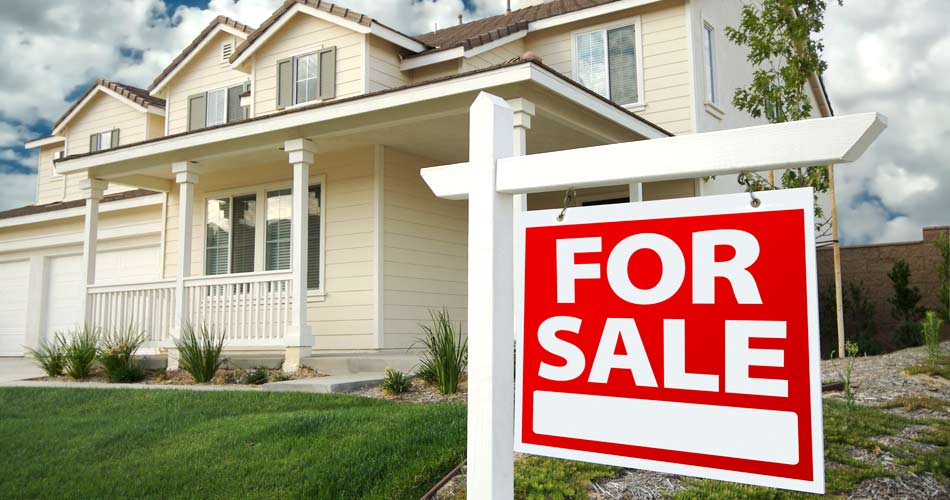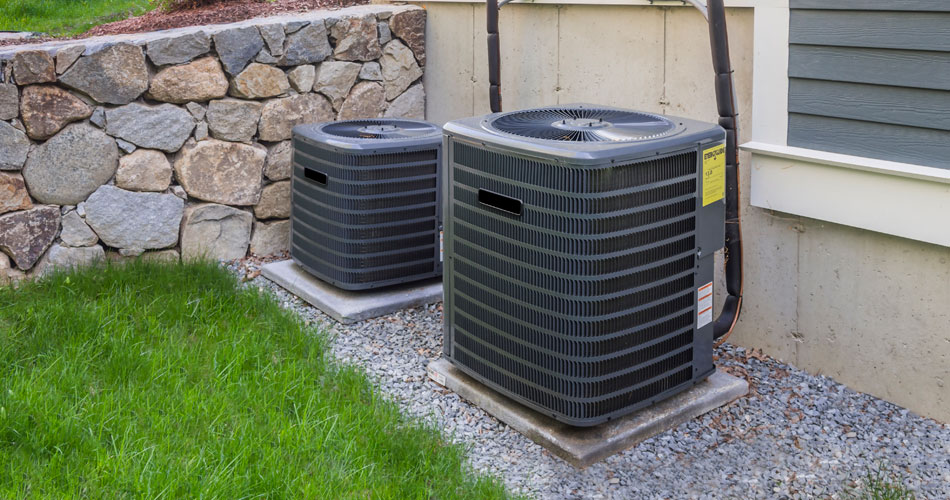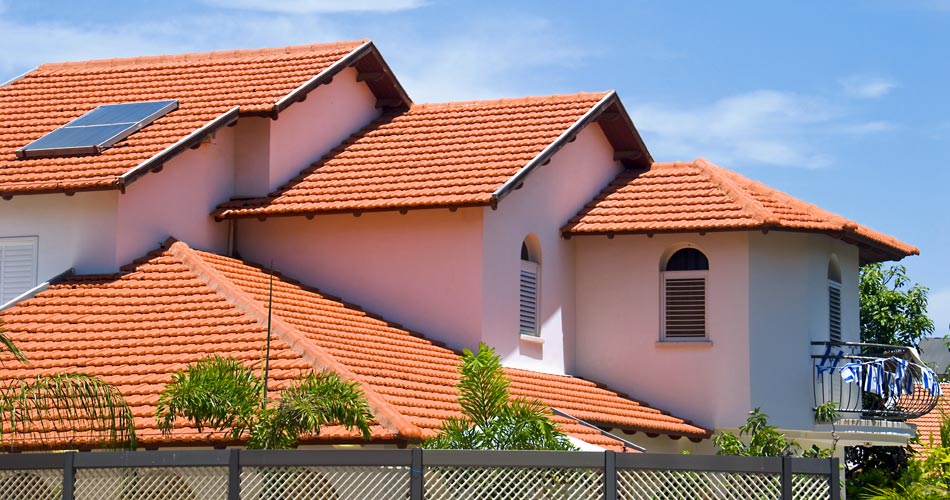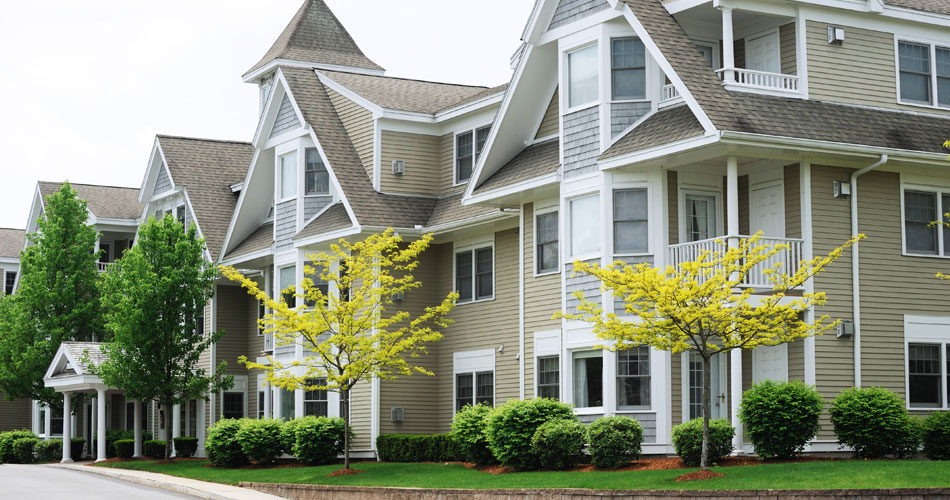Standards of Practice
In order to uphold our work to the highest level, we follow InterNACHI Standards of Practice and Code of Ethics. As InterNACHI members, we shall be fair, honest, impartial, and be faithful in our performance of our duties to our clients.
Types of Buildings
- Homes
- Apartments
- Condominiums/Townhomes
- Light Commercial Buildings
- Heavy Commercial Buildings
- Solar
- Pool/Spa
Structures and Components
Exterior / Primary Structure:
- Outbuildings
- ADU (guesthouse)
- Detached Shops/Garages
- Carports
- Barn
- Sheds (if has plumbing/electrical)
- Electrical System
- Wood Damage (including cladding, trim)
- Roof System and any penetrations or skylights
- Chimney and Flu
- Garage Space (Firewall)
- Plumbing System
- HVAC System
Interior:
- Fixed Appliances
- Doors
- Windows
- Staircases
- Smoke and Carbon Monoxide Detectors
- Attic and Crawl Spaces
- Decks/Walkways
- Utility Entrances
- Mold and Water Damage
- Fire Hazards
- Health and Safety
Types of Inspections:
- Buyer’s Inspection
- Pre-Listing/Seller’s Inspection
- New Construction
- 11 Month/Builder’s Warranty
- Commercial Buildings/Property Inspection
- 4 Point Inspection
- Re-inspections
- Multi Unit/Investor Property Inspection
- Safety/Maintenance Inspection

Buyer’s Inspection
A Buyer’s Inspection provides the buyer with an understanding of the overall condition of the house. This may help to discover items that the seller was unaware of, and allows the buyer to more realistically approach the purchase. It also will help the buyer budget for repairs and maintenance.

Pre-Listing / Seller’s Inspection
A Pre-Listing/Seller’s Inspection allows the seller to evaluate their house through the eyes of an objective third party – How will a prospective buyer see your home? How can you maximize that critical first impression? This gives the seller information on how to fairly price their home, and permits the seller to make some or all of the needed repairs ahead of time so that defects won’t become negotiating stumbling blocks later. This will also inspire more trust from the potential buyer.

New Construction
Even though a home is brand new, it could still have hidden issues. In fact, some issues in a home are the direct result of its status as brand new construction. In some cases, contractors build too fast and to the bare minimum of code, and mistakes can happen. This allows you to identify issues and have the building company correct it before it becomes your problem alone.

11-Month / Builder’s Warranty
After your new construction home is completed and you are ready to make it a home, the builder will likely provide you with a one-year workmanship warranty. It is intended to protect you from paying for issues arising from faulty construction, defective materials, and improper installations. Have it inspected within this first year to identify and solve these issues before they become big, expensive problems.

Commercial Buildings / Property Inspection
Just as with a residential inspection, this provides the buyer and seller with a complete and accurate picture of the property’s condition. Commercial property is more expensive, both to purchase and maintain. This will give commercial buyers extra assurance as to the condition of the property including any major systems that are aged and in need of replacement.

4 Point Inspection
In a 4 Point Inspection, roofing, electrical, plumbing, and HVAC are examined. The inspector will verify whether they are in good working order or if they need to be repaired or replaced. This inspection is typically required by insurance companies before approving a new policy or renewing coverage.

Re-Inspections
Even though your seller may have already had an inspection performed on your property of interest, it’s always best to make sure that nothing was missed and that the changes or repairs made were actually effective. A re-inspection will also allow you to avoid continuous repairs in the future. It will bring to light the biggest problem areas in the property that need more specialized attention, saving you money in the long-term.

Multi Unit / Investor Property Inspection
This is an inspection of a property having 2-4 units. Every item in each unit should be inspected because each unit can have its own unique problems. This inspection is useful for minimizing the costs and risks of buying a bigger property, and to ensure that it is safe for renters.

Safety / Maintenance Inspection
A Safety/Maintenance Inspection will guide the client to maintain their house in the best and most cost-effective way. It will provide an expert and unbiased resource in choosing contractors, materials and techniques. It will help identify small defects before they become large and expensive, and provide peace of mind regarding safety issues surrounding the furnace, water, heater, fire hazards, pests, radon, and the list goes on.
Additional Services
Solar Site Inspection
Having a Solar Site Inspection will determine the general condition of the home’s solar system and anticipated production, and will identify any issues that require additional attention by a licensed solar or electrical contractor.
Sewer Scope
Sewer scopes are available upon request and can be scheduled during the time of the home inspection. It is recommended to have a sewer scope on older properties where the underground piping is made of cast iron or clay. The sewer scope will determine the piping’s condition and help determine whether it needs to be replaced.
Smoke Detectors
According to the California Building Code, all residences must have smoke detectors installed. California law requires that all dwelling units intended for human occupancy have smoke alarms that comply with the State Fire Marshall’s regulations at the time of installation.
- Pool/Spa
- Mold Testing
- Structural Engineer
Tools and Technology
- Thermal Imaging
- Aerial Drone Photography
- Moisture Meter
Thermal Imaging
With every home inspection, we will also perform a thermal imaging scan of the property. This finds surface temperature and shows thermal anomalies. Surface areas showing an abnormal temperature can be further inspected with different tools to determine the problem and repair. Some of the common items identified with a thermal imaging camera can be water leaks, wet or damaged building material, lack of insulation, or electrical hot spots.
Aerial Drone Photography
By capturing images of the property from a birds-eye view, this will give the inspector and the client a more comprehensive perspective and understanding of the property. It will also give clear images of areas of the property that are difficult or dangerous to reach, such as some areas of the roofing.
Moisture Meter
This is used to measure the percentage of water in a material. The inspector can use it to test the roof decking, support beams, pillars, and other components for their moisture content.
